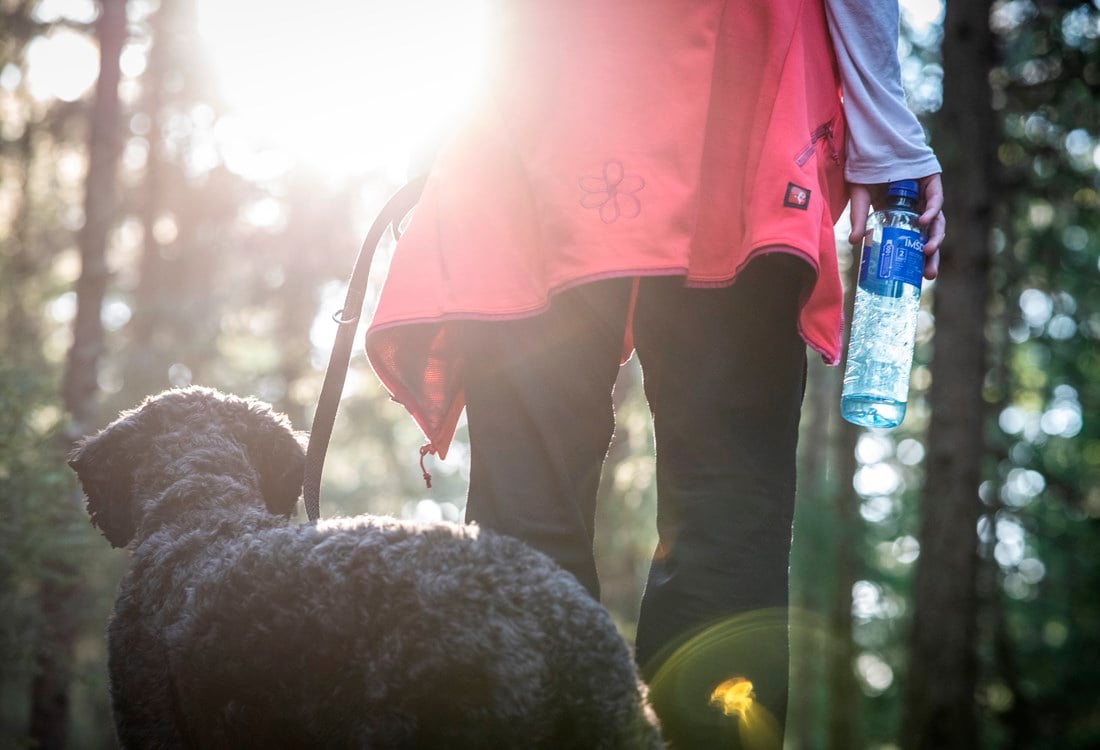rbt
Senior Member
I thought '7' was just 'other', not a specific type of plastic.
It is. I have absolutely no idea what they do it it; just that they're willing to pay a small amount per truck-load in specific forms.
Last edited:
|
|
|
I thought '7' was just 'other', not a specific type of plastic.
The folks who live near "away" might have some thoughts on that. Most of the material that came from the ground came from deep in the ground in a geological and chemically stable and largely inert form. Waste going back into the water table is anything but that.I used to work for a company that put “7” on its packaging, with the full knowledge that nearly no where in Canada can recycle this material, all in the guise of saying “we’re recyclable… and now it’s the public’s job to push for 7s to be accepted by their municipality”. CPG companies know what we’re doing, using hope-cycling to drive sales while not GAF where it actually ends up.
I’d rather plastics that are not readily recyclable (anything that’s not #1-PET or #2-HDPE) just go into the ground. Every piece of trash we generate, from plastics, metals, glass, food, etc. comes out of the ground. When we toss out the trash we’re merely putting it back, returning it from where it came from. The trick is to do the least harm, so anything that can be easily recycled locally for less public cost and environmental impact than making new, should be. Otherwise, we should be building landfills in distant parts of the province and railing our trash away, returning it to the earth from whence it came. Also, how about tax or tariff on sale or imports of plastic packaging outside of PET and HDPE? Partner with the US and EU to force manufacturers to use packaging that we can recycle.
Instead of recycling, my own life is more directed towards reducing. As a mid-50s guy I buy very little outside of food packaging that is immediately throwaway. I keep my clothes for years, I keep my vehicles for at least a decade, while also driving less and less. One thing I would love to see is a deposit program for all restaurant coffee cups - $0.05 on every Tim Hortons cup. That’ll push the cost of disposal onto the manufacturers.
Agreed. But the promise of money and jobs greases all wheels; eliminating opposition to nuclear waste storage, opening new coal mines and running gas pipelines through sacred indigenous lands.The folks who live near "away" might have some thoughts on that.
Agreed. But that's the case for all landfills, no matter where we put it. Which is why they're supposed to be designed to protect the water table.Most of the material that came from the ground came from deep in the ground in a geological and chemically stable and largely inert form. Waste going back into the water table is anything but that.
Yes and no. Since 2010, more communities have fought to get off the nuclear waste list than on it.Agreed. But the promise of money and jobs greases all wheels; eliminating opposition to nuclear waste storage, opening new coal mines and running gas pipelines through sacred indigenous lands.

Ontario town votes to become a willing host for a nuclear waste repository | Globalnews.ca
A northwestern Ontario town has formally decided it is willing to become the site of a deep geological repository for Canada's nuclear waste.globalnews.ca

Indigenous groups buy $1B stake in pipeline
TC Energy says it's selling a $1 billion stake in its Western Canadian natural gas transmission network to Indigenous groups.www.aptnnews.ca
So, here's the rail map of Ontario. https://rac.jmaponline.net/canadianrailatlas/ Which community will welcome the GTA's trash? Everyone has a price.
Agreed. But that's the case for all landfills, no matter where we put it. Which is why they're supposed to be designed to protect the water table.
Don't get me wrong, I support reducing consumption and subsequent landfill use, and we should be partnering with the US and EU to force manufacturers to use only use PET and HPDE plastics that can be readily recycled. Anything imported or produced should have a tariff applied against its nonrecyclable content - with said money going towards landfill or redirection costs.
In Japan they don't have the space so they just burn all their trash. I suppose Ontario could end up there.I suspect that if Toronto/GTA had to handle their own waste within their borders from the beginning, they would have been a lot more creative.
One thing I would love to see is a deposit program for all restaurant coffee cups - $0.05 on every Tim Hortons cup. That’ll push the cost of disposal onto the manufacturers.

I agree. Other than the Durham-York Energy from Waste facility, high temperature incineration is pretty much political kryptonite in Ontario.In Japan they don't have the space so they just burn all their trash. I suppose Ontario could end up there.
There’s a lot of hypocrisy with Norway. They shout about their green initiatives while building an economy and country built nearly entirely upon their export petroleum industry. Norwegians are big on EVs, which makes sense as the dealer is not supposed to consume the merchandise.I had friends from Norway stay with me over the summer, they couldn't believe how much crap we throw in the garbage. Where they come from, everything goes to the state of the art recycling centers and you collect your deposit. You can even play the lottery on the bottle/can machines.
Here are some videos from foreign-born YouTubers in Japan:In Japan they don't have the space so they just burn all their trash. I suppose Ontario could end up there.




